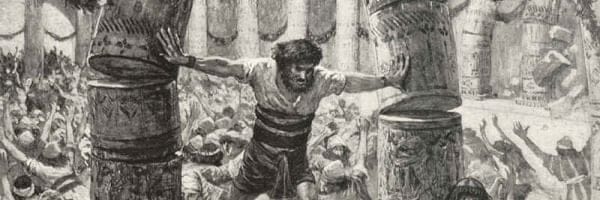A Confession on the Limits of Sola Scriptura and the Certainty of Divine Truth
Article I – Of the Protestant Beginning
I confess that many sincere Christians begin with the principle called Sola Scriptura, believing that a Christian must accept nothing as binding except what is contained in Holy Scripture. Yet this principle presumes that one already knows, with certainty, what constitutes Holy Scripture.
Article II – Of the Hidden Presupposition
I acknowledge that Scripture nowhere names its own books.
The canon of Scripture is known only through human recognition and transmission; therefore, Sola Scriptura rests on an unproved assumption - that fallible men have identified infallible writings without an infallible guide.
Article III – Of Circular Reasoning
I recognize that when one appeals to Scripture’s self-testimony (“All Scripture is God-breathed”) as proof of its inspiration, he argues in a circle: the book is trusted because it says it is trustworthy. Such reasoning depends on personal judgment, not a divinely attested authority.
Article IV – Of Private Judgment
I observe that, having denied an external interpreter, each believer becomes his own final authority regarding both the canon and the meaning of Scripture.
The “inward witness of the Spirit,” while real, is private and unverifiable; thus the unity of faith dissolves into individual interpretation.
Article V – Of the Resulting Uncertainty
I admit that a rule of faith grounded on private and fallible recognition can yield only probable knowledge. When confidence in one’s own reasoning weakens, faith itself may waver, opening the way to skepticism or unbelief.
Article VI – Of the Divine Provision for Certainty
I confess that the all-wise and all-powerful God, who wills that none should perish, established an enduring and visible authority to preserve and teach the truth without error. Christ our Lord founded His Church, promised the Spirit of truth to remain with her forever (John 16:13), and sent her to teach all nations (Matt 28:19–20). By this divine commission the Church became the custodian and interpreter of both Scripture and Tradition.
Article VII – Of the Canon and Interpretation
I believe that through the Church’s Spirit-guided discernment the canon of Sacred Scripture was recognized, not invented. Her authority is not human but participatory in the authority of Christ, so that what she declares as inspired is known with divine certainty.
Article VIII – Of the True Ground of Faith
I affirm that Christian faith rests not on human intellect or private persuasion but on the infallible authority of God who reveals. Through His Church He makes that revelation publicly and perpetually accessible, so that believers may know with assurance what is the Word of God and what it means.
Therefore,
I reject the sufficiency of Sola Scriptura as a complete rule of faith, since it cannot by itself identify or interpret the Scriptures it invokes. I place my trust in the one God who, being infallible, established an infallible means of conveying His truth through the living authority of the Church He founded, that His children might believe not by private conjecture but by the certainty of divine revelation.

